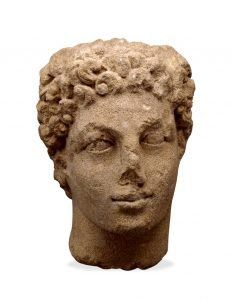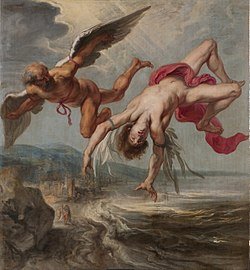‘Why should I strive to set the crooked straight?’
We’re all in shock today. Again. How many unthinkables can one take in a year? Today seems a triumph much of what’s wrong in the world: racism, sexism, hate-mongering, predatory sexual behaviour, unthinking capitalism, climate change-denying, intolerance, deliberate misunderstanding, lying etc. All those thing repressed can now, it seems, come to the fore. It is frightening. The future is a dark place now, and the positives gone out the window, despite media spin. It would be all too easy to retreat. I know I have been. As the US elections neared I cracked open my old Mercedes Lackey Heralds of Valdemar books. Why them? Well, they are moral fairy tales, in which reasoned thought to do good wins over the irrational and evil every time. I’ve read them many times. I now feel like clinging to them. I don’t want to watch or listen to the news. Everything screams: hide!
And it’s not just that. I’m tired. There are other, smaller fights, everyday fights, that have to be fought. From small, recognised injustices to the simple fight to put bread on the table and keep up with the pace of today’s life. I’m tired. I don’t want to fight.
And it’s not that. We’ve been hiding a while, haven’t we? We retreat into bake-offs, knitting, endless nature books about Britain, cosy nostalgic things. And these are good things, worth doing. But they are inward looking. Morris was inward, too, at first. He didn’t want to see outside his art, his deep and abiding passion for all things medieval that manifest in his designs and his poetry. The title of this blog comes from his great epic poem, The Earthly Paradise, 1868-70. He describes himself, in the same verse, as a ‘dreamer of dreams, born out of my due time,’. And I’ve felt that. Not that I’d want to really live in another time, but that I want to dwell in a dream of it. I’m a writer – so, like Morris, that’s part of what I do,. I dream in a fantasy world. After all, here I am writing a blog about a Victorian medievaliser!
But Morris decided to fight. He had a tipping point. Having been stalwartly uninterested in politics through his youth, but falling on the Liberal side of things, an issue in the mid-1870s opened his eyes. Once open, he could not again close them fully. In 1876 Europe was gripped in a crisis concerning Russia and Turkey (plus ça change!), and Morris was inspired by the words of the then leader of the opposition, William Gladstone, and his impassioned writing against the atrocities that the Turks had committed against the Bulgarians. Morris joined the Eastern Question Committee, he took his first tentative steps into fiery political writing. At the next election, Gladstone got in … and didn’t fulfil Morris’s hopes. But his eyes were open. He had to keep fighting. So he found another forum in which to fight.
And he used what he knew, what he could do. Okay, Morris was a famous poet. And he did what he did best. He drew upon his medieval roots and concocted an idealised, but still potent vision inspired by them. He wrote and wrote, and he lectured. He wrote novels that espoused his political thought. He tried hard to embody his theories. Maybe he failed, some of the time. But he fought. It didn’t stop him hiding a bit as well. Morris always had his obsessions – translating Icelandic sagas, calligraphy and illumination etc. etc.- and he could lose himself in that work as well as the ‘bread and cheese work’ of his design company, Morris & Co. But he channelled it, he made what he loved into the fight.
It’s hard to fight, and it’s hard to realise, as Morris did, that the fight is something that you can’t win, yourself, in your lifetime. But, like Morris, let’s not give in to hiding – let us strive to set the crooked straight. Stick to our ideals, and remember that to be idealistic is a good thing. Maybe then…
The post ‘Why should I strive to set the crooked straight?’ appeared first on Palace of Memory.







